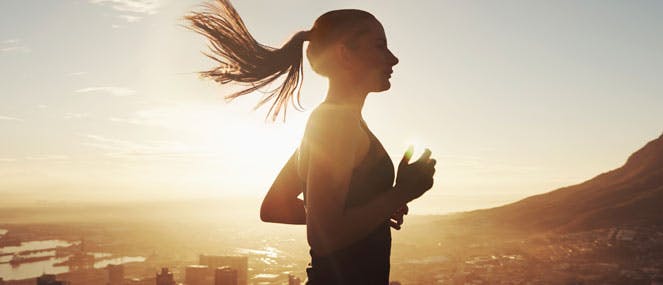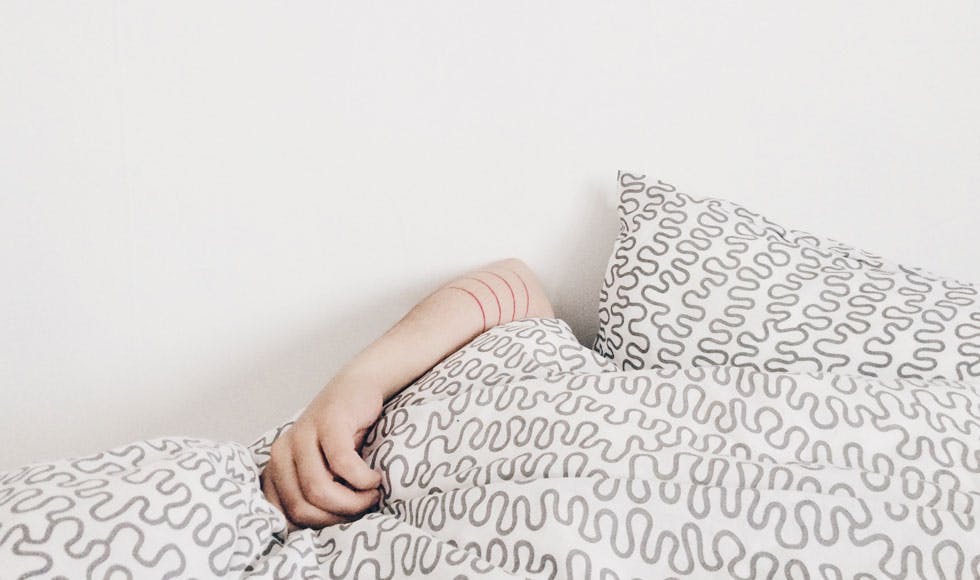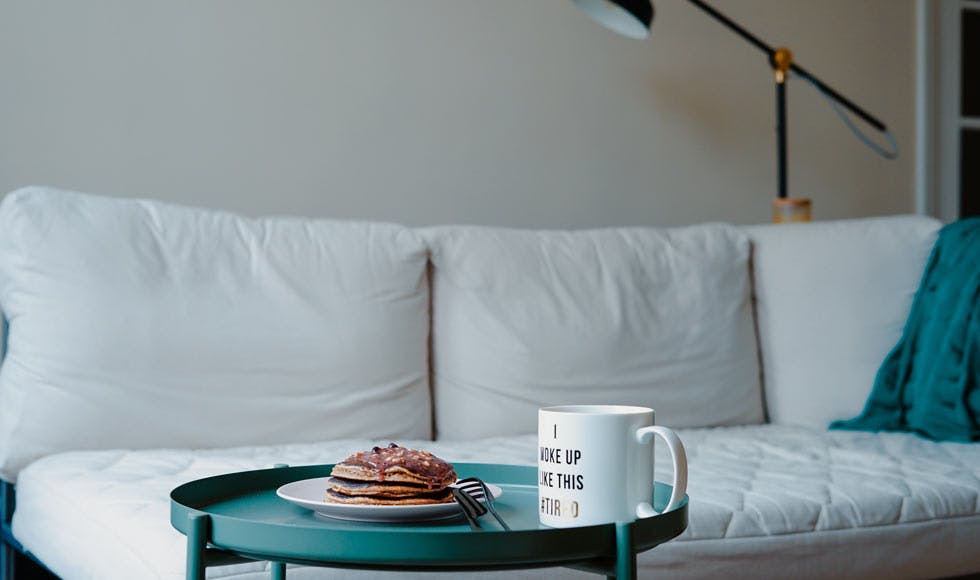Sleep and health
Sleep is critical for overall health and well-being, yet insufficient sleep duration, poor sleep quality (restorative sleep), or a combination of both, is commonplace in today’s society.
Busy lives and a variety of factors such as work, travel, training and varying mealtimes can all make it hard to find a consistent sleep schedule.
Sleep has been shown to have a significant impact on both the quality and quantity of your life, including physical and academic performance, cognitive function, recovery from athletic exertion and injury, mental wellbeing and cardiovascular health.
To perform at your physical peak, rest and recovery can be just as important as training and nutrition. That’s why it is becoming increasingly recognised that athlete health and performance can be improved with consistent quality sleep.
Sleep and athletic performance
A study
published in the British Journal of Sports Medicine conducted a comprehensive review of sleep and optimal functioning among athletes.
They found evidence that extended sleep significantly improved serving accuracy, shooting accuracy and reaction time in collegiate tennis and basketball players.
They also uncovered some interesting findings in the role sleep may play in injury prevention. Athletes who reported sleeping 8 or more hours a night were 1.7 times less likely to have a musculoskeletal injury.
College students with poor quality sleep also report significantly more illness than those with near-ideal or ideal sleep, which is thought to be because of sleeps' beneficial effect on
immune system health.
They concluded that obtaining restorative sleep has significant implications for health and athletic performance. While this research focused on collegiate athletes, they believe these findings have relevance to other sporting populations.






